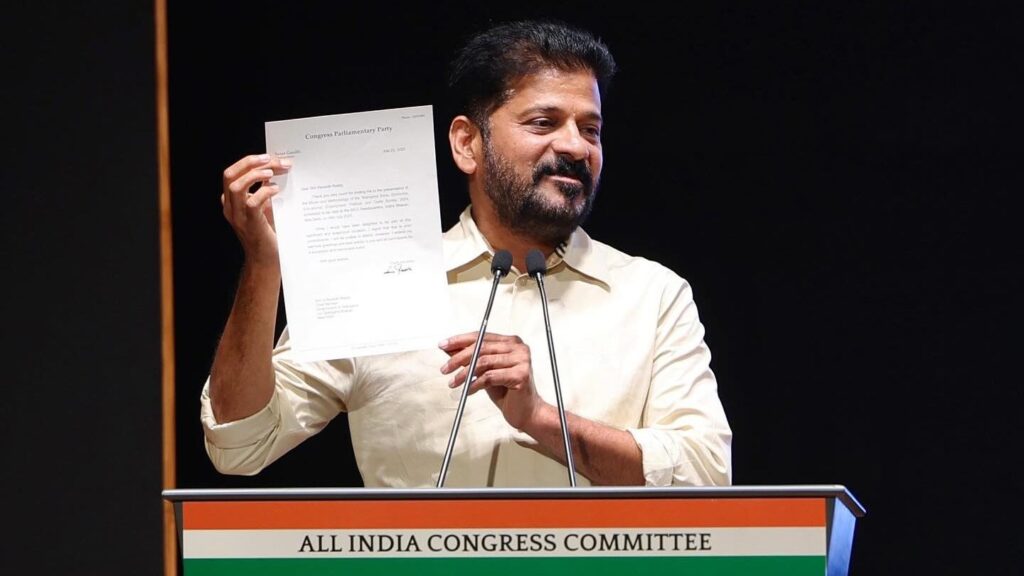The Revanth Reddy-led Congress government in Telangana is considering a proposal to streamline the quota benefits for 14 Muslim groups, which include about 3 lakh Shia families, under the Backward Classes (BC) reservation regime based on their social, educational and economic backwardness.
These 14 socially and economically backward Muslim groups had been given 4% reservation for government jobs and education under a separate category BC (E), which restricts quota benefits for them. Also, due to legal issues over allegations of religion-based quota and lack of awareness in the Muslim community, it has “not been implemented properly”, sources said.
The Revanth Reddy government’s social, economic, educational, employment and political caste (SEEPC) survey, whose report was made public in February this year, found that the Muslim community accounts for about 12.58% of Telangana’s population, of which BC Muslims make up 10.08% and OC (Other Castes) Muslims about 2.5%. This is down from 12.69% Muslim population in the state as per the 2011 population Census.
The expert committee which reviewed the caste survey report found that a number of Muslim women, especially in Old City of Hyderabad, did not wish to interact with the enumerators in the absence of their families’ male members and did not share information about their households, occupation, livelihood, which might have led to about “1-2% under-reporting of the Muslim count”, sources said.
The survey report stated that the BCs — including the Muslim caste groups — form 56.33% of the state’s population. Based on these findings, the Telangana Assembly passed two key legislation in March, increasing the BC reservation from 27% to 42% in government jobs, educational institutions and urban and rural local body polls. The Bills were then sent to Telangana Governor Jishnu Dev Varma for his assent, who has referred them to President Droupadi Murmu.
The Telangana government’s advisor on the Scheduled Castes (SC), Scheduled Tribes (ST), Other Backward Classes (OBC), minorities welfare, Mohammed Ali Shabbir, told The Indian Express that as per the caste survey report, of the state’s nearly 12.58% Muslim population, 2.5% are above the poverty line and could be considered as “well off”. “The report states that 10.08% of Muslims in the state are socially and economically backward. Like many BC communities, these Muslim groups require support in employment, education, political representation at micro level, and financial assistance to improve their livelihood chances. Occupation-based castes are at maximum risk of poverty as per the report,’’ Shabbir said.
The report has drawn focus towards the 3 lakh Shia families who are not doing well socially and financially but are also excluded from any government schemes and benefits, he said.
“Purely going by castes, Saiyyeds, Mughals, Pathans, Arabs, Kojja Memons, Agha Khanis, Bohras – all of them are excluded from quotas. The BJP is unnecessarily creating an issue that reservation is being proposed based on religion. These Muslims castes are based on their occupation just like many BC castes, and they need government support based on their social, educational, and financial backwardness, not on the basis of their religion,” Shabbir said.
“Whenever quota for Muslims was proposed, every government or court asked where is your data? This survey has given that data. We know the numerical strength of each Muslim group, and their plight is very dire. Most Muslims living below the poverty line are vegetable and fruit sellers, scrap dealers, drivers, etc just like other BC groups. They need jobs, education, financial support, and political representation,’’ he said, adding that the government is considering extending to the 14 Muslim groups similar benefits and schemes that it is planning for the BCs, SCs, and STs in the state.

